The information provided in the article below is correct as at 20 December 2023.
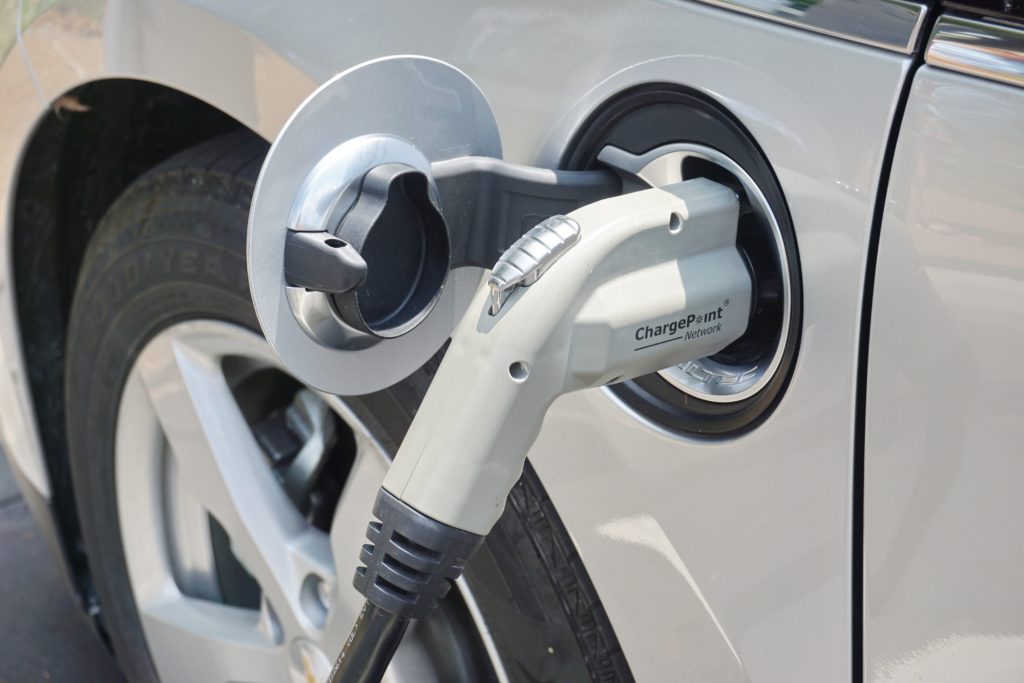
Like it or not, the 2035 switchover is coming, and soon petrol and diesel cars will be a thing of the past. The UK is going zero emission in a big way, with electric car sales increasing their share of both new and used car markets. Still, for many, electric vehicles, or EVs, may still pose some questions. We try to answer everything you need to know when considering an EV, below.
Will an electric vehicle work for me?
Probably one of the first electric car questions that comes to any would-be owner’s mind is whether the car is going to work for them.
Of course, EVs drive perfectly well – but will it work for your lifestyle? Budget? Daily route? These are all things to consider before making the EV switch.
The answer is, most likely, yes! Electric vehicles have come a long way in recent years, and are now available as sleek city cars, performance-based sport cars, reliable crossovers, and hard-wearing vehicles.
An EV is generally cheaper to run per 100 miles, subject to energy and fuel costs, and with things like at-home charging allowances and ULEZ exemption, an EV could shave a significant amount off your usual driving costs.
What’s the difference between an electric car and a hybrid car?
Another commonly asked question about electric cars is about the sibling of the EV — the hybrid vehicle. A hybrid car combines a traditional car with an electric vehicle, so it contains both a regular combustion engine that still requires petrol or diesel to run, and an electric motor.
Plug-in hybrids, which are becoming increasingly common across major car brands’ electrified ranges, require plugged-in charging.
Other hybrids will recharge their motor through regenerative braking i.e. generating power for the battery every time the brakes are used. They can’t start up on electric power, so they are typically higher-emission than plug-in hybrids.
Hybrid cars use electric motors to aid in fuel economy, and when coasting, can sometimes use the electric motor alone. Hybrid cars are not normally designed to run off the electric motor for general driving, though, and when the battery is flat, the combustion engine will take over. If the petrol tank of a hybrid car is empty, it will normally not run.
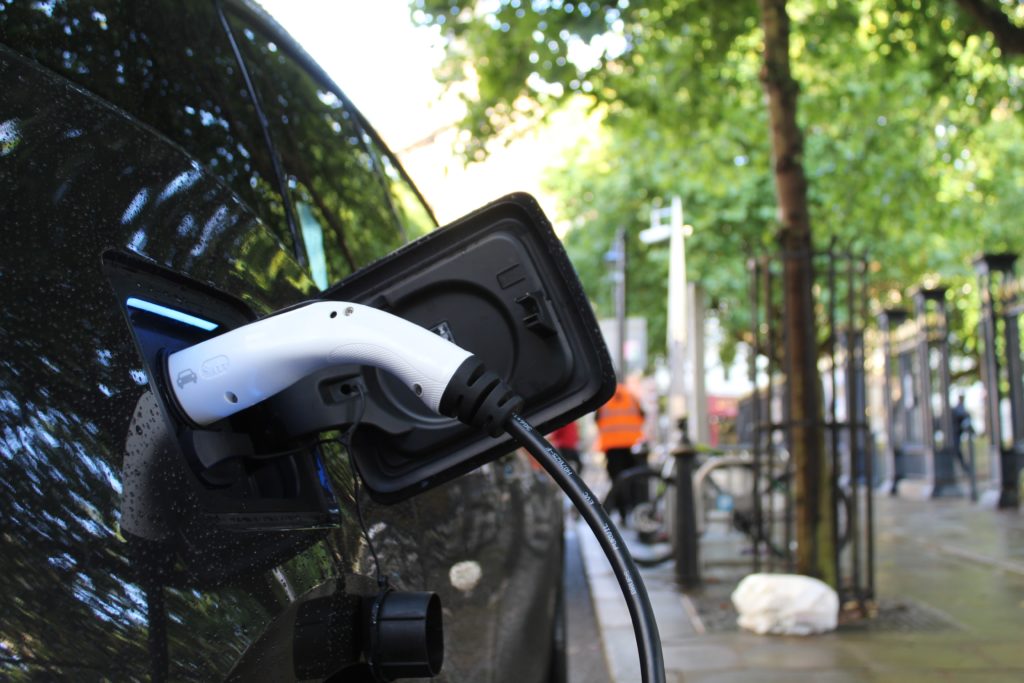
How do I charge an electric car?
There are several ways to charge an electric car. The most convenient is charging your car at home. To best do this, you should install a wallbox. These are at-home charging sockets that are mounted on a garage wall or outdoor wall. You simply attach the charging cable and charge your car.
There are grants available to help save money on wallbox installation. The drawback is that you need space on your own property for both the car and the charger. You can’t have the charging cable run across public land, say, if you live in a flat and want to run the cable to the curb.
The other option is to use public charging stations. There is a growing number of these all around the UK, and diversity from areas like small parks, to on street parking with charging meters. They’re ideal for keeping topped up when out and about, and with high-speed chargers available, you can even get a full top-up from empty in a couple of hours.
There are multiple apps that will map out the location of these chargers for you. You might also get a good deal with certain charging companies depending on your energy supplier and car brand.
Are electric cars expensive to run?
Estimates vary since fuel and energy prices have fluctuated a lot in 2022, but it is generally found that Electric cars can cost a lot less to run than internal combustion engine (ICE) vehicles. They usually save on costs including emission zone charges such as ULEZ, road tax (until 1st April 2025), and also require far less servicing due to having fewer parts.
That said, an electric car can often be more expensive to buy in the first place. So, it’s a question of upfront expense versus long-term benefit.
Where are my nearest electric vehicle charging points?
There are many sites and apps that will map these out for you, even updating to let you know if they are currently in use or not.
Generally, charge points will be more frequent in city centres, but you’re also likely to find them in large supermarket car parks, which may even have no cost to charge provided you’re shopping in store.
Petrol stations typically provide a charging point, as do longer stay car parks near stations and airports.
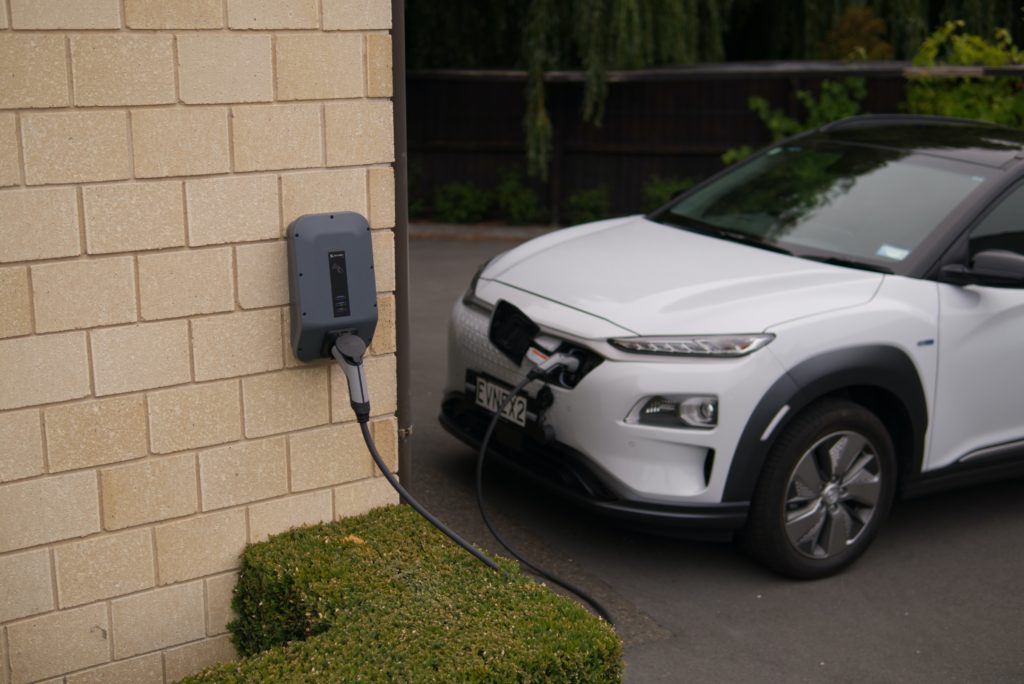
Can electric cars drive through water?
Electric cars aren’t affected by water damage in the same way as a normal car. A combustion engine can quickly be compromised if submerged in water. While caution is advised, the battery of an electric car is completely sealed so will not intake water or suffer lasting damage after brief contact with shallow water.
No car, electric or not, should be driven into flooded areas.
Do electric cars have the same lifespan as petrol cars?
Due to having fewer parts, an electric vehicle may well out live an ICE car. The main areas to inspect on an electric car are its motor and battery.
That’s significantly less work than an average fossil fuel engine car, with more parts to break down and wear out.
With so many car brands actively pursuing the perfect EV vehicle and new models coming out all the time, the EV car that is at the top today may find itself outdated within a few years.
Can electric cars go as fast as non-electric cars?
Electric cars accelerate quicker than non-electric cars, which can give them the overall speed advantage. For general (legal) driving, an EV will hit the speeds you need for the road, i.e. 70 miles per hour, and usually can achieve up to 100mph. This may be a little lower than the fastest petrol or diesel car, but how often have you driven around at 120mph?
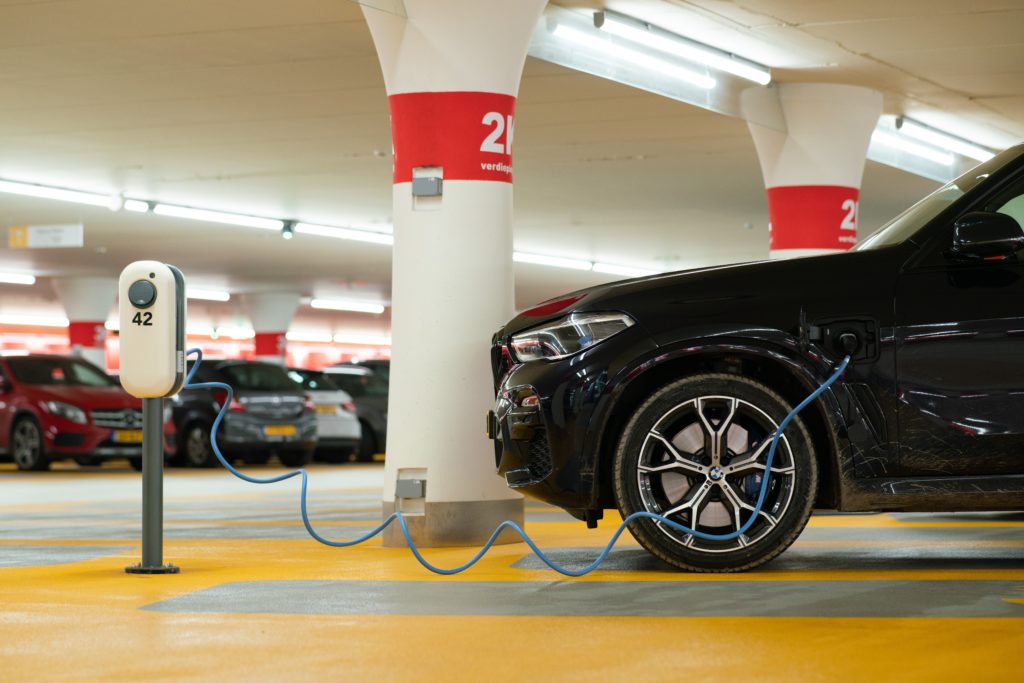
Could an electric car suddenly stop working or shut down like other electrical items?
Electric cars are made with fewer complex working parts than a regular car, so there is less to go wrong.
But just like any vehicle, sometimes things do go wrong. No car is immune to break-down, not even electric vehicles. Take it into a specialist and see what needs to be done to get it fixed.
One thing to bear in mind is that car batteries may be under warranty by their manufacturer, so be sure to visit an approved expert and keep hold of your service history.
Will I get tax breaks?
Yes, until 1st April 2025. Electric vehicles are zero emission, and this makes them exempt from road tax. until 2025, at which point VED rates will be equalised across fuel types, since there will be so many more EVs on the road.
Even while your EV is not road-taxable, you still need to notify the DVLA that you’re driving it, as though you were going to tax it, and you’ll see your bill for the next few years remains at £0.
Businesses looking to update their fleet of corporate cars may also enjoy tax benefits if they choose electric vehicles; it’s worth exploring these options.
Will I be able to park in special places if I have an electric car?
There are special parking spots just for electric vehicles but these are used as charging spots. So, in order to use them, your car needs to be charging. Regular parking spots won’t come by any easier just because you are driving an electric vehicle, but you may find you’re charged less by the council for a parking permit due to having a zero emissions car.
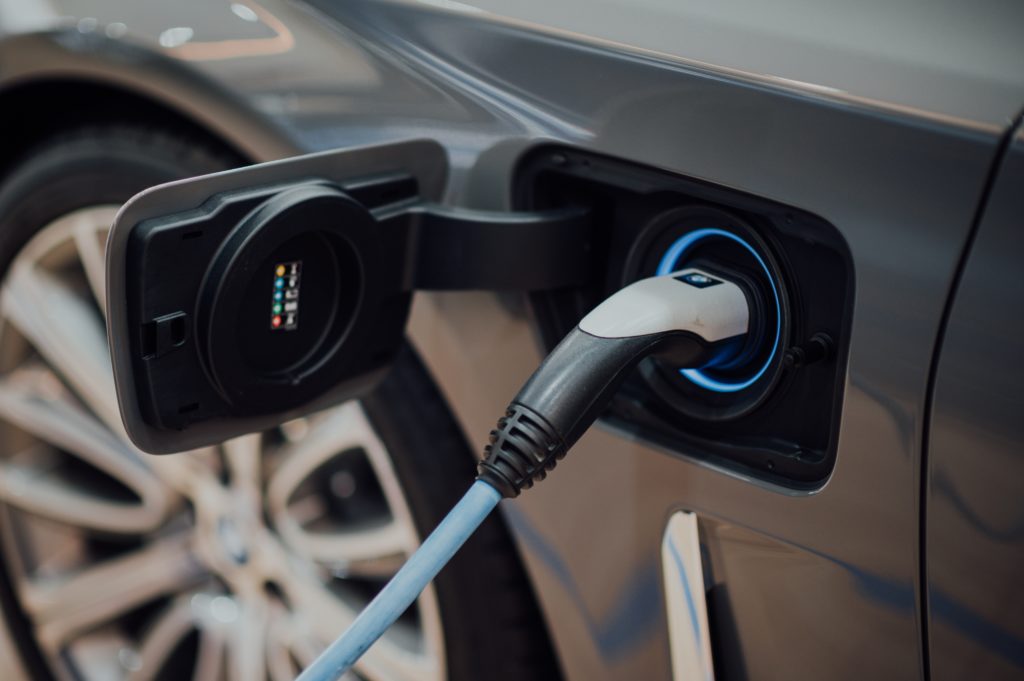
How long does it take to charge an EV?
This depends on your car and the type of charge point you use. The latter generally calls into the following categories:
| Type | kW | (Approx) Time to full charge |
| Slow | 2-4 | 10-24 hours |
| Fast | 7-22 | 2-4 hours |
| Rapid | 43+ | 30-60 minutes |
| Ultra Rapid | 100+ | 20-40 minutes |
Your car may not be able to utilise ultra rapid charging due to its battery size, so be sure to check before you waste time looking for a rapid charger that you can’t actually use.
What is the range of an EV?
This will also depend on the car model you are driving, so you should be sure to check your manufacturer’s guide for the answer to this, one of the most important questions on EV vehicles. Here are some of the leading models and their range:
| Model | Range (Miles) |
| Tesla Model 3 | 360 |
| Kia e-Niro ‘2’ | 282 |
| Renault Zoe R110 ZE40 (2018) | 186 |
| Nissan LEAF (2018) | 168 |
| Mini Electric (2020) | 145 |
| Smart EQ fortwo (2018) | 83 |
Do electric cars break down more?
As we said, electric cars have fewer working parts than a standard car. That leads to fewer potential problems, including breakdowns.
Still, they are not impervious to issues, and you will need a specialist to repair your EV when things do go wrong – it’s not something you can tinker with on the driveway.

Can you drive and charge an electric car in the rain?
Yes, you can drive an electric vehicle in all sorts of weather conditions, just like any other vehicle. You can also charge them in the rain. Make sure you are using cables that are in good condition, with no rips or tears.
Can you buy and sell second-hand electric cars?
Of course you can! With the increasing popularity of electric cars, they are also becoming more frequent on the second-hand market, making it perfectly possible to buy an electric car without having to pay showroom prices. Selling an electric car can be done completely free when you do it the Motorway way!
Can you have an electric car if you live in an apartment?
Yes, anyone can buy an electric car, even if they live in a flat or another kind of property that might not have off-street parking.
There are restrictions to at-home charging. You cannot install a wallbox on a wall that isn’t yours i.e. you can’t stick it onto the communal garage. You also can’t run a cable across public areas. So, even if you live in a ground floor flat and attach the wallbox to your outside wall, you can’t then run the cable across the pavement to reach your car on the curb.
Is it worth buying an electric car in 2023?
Of course! The EV switchover in 2035 will mean only electric vehicles will be manufactured and sold, so now is as good a time as any to make the change.

Should I charge my electric car every night?
Electric cars should be kept 20%-80% charged. In most cases, this won’t require an overnight top up, and certainly not one every night. Check your manufacturer’s guide to see how fast your car/wallbox can charge.
Are electric cars good for society?
Electric cars are zero-emission. That means no CO2, CO, NOx, or particulate matter are expelled from an exhaust, ensuring cleaner air. The public health risks associated with transport carbon emissions are significant, and in 2020 (a year with much less passenger traffic than usual), transport still accounted for 24% of the UK’s greenhouse gas emissions. While EVs aren’t going to single-handedly save the world, they are indisputably a major pillar of improvement for the environment and public health
What are the downsides of electric cars?
Probably the most obvious negative aspect of electric cars is their upfront costs which remains higher than regular combustion engine vehicles.
However, most brands are now tackling this issue, in the run up to the 2035 switchover. Many of the UK’s most popular makes such as Ford, Vauxhall, Volkswagen, Nissan, Hyundai, MINI, and Renault, have electrified much of their existing range, and added further models to the lineup. They’re all offering EV vehicles under £30,000. Plus, with some EV grants available, you can save some money on the asking price.
Another issue at present may be the lack of public charging points in your area, a significant concern if you are unable to install a wallbox at home. Charging points are being rolled out nationwide in anticipation of 2035, but until then, you may find yourself having to battle off other local EV owners to charge your own at the few public charge points near you, if you visit at a peak time?
Ready to sell your car?
Ready to learn more about valuing, maintaining, and selling your car? Check out more of our guides here, covering everything from hybrid and electric car depreciation, to converting your car to dual-LPG fuel.
Electric cars — the ultimate guide
LPG cars — the ultimate guide
Do electric cars pay the congestion charge?
Car ownership — ways to own and finance a car
How to look after & maintain a car
Car engine size – the ultimate guide
What is a hydrogen fuel cell car?
What is a mild hybrid car?
Sell your electric car with Motorway
